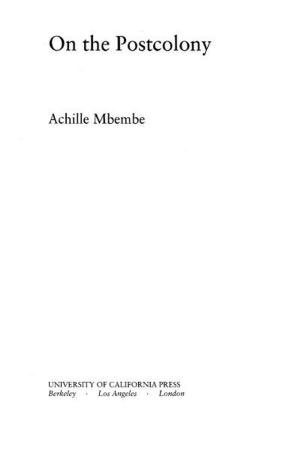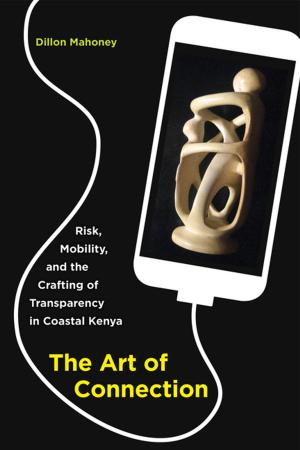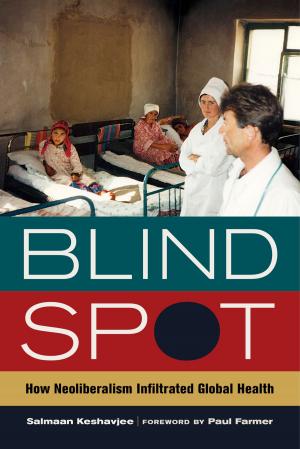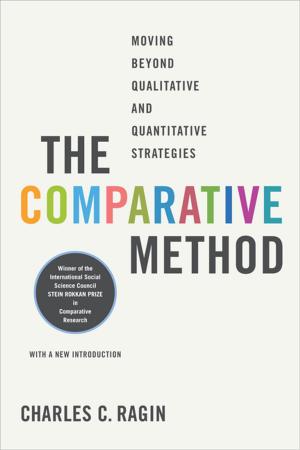Love, Inc.
Dating Apps, the Big White Wedding, and Chasing the Happily Neverafter
Nonfiction, Social & Cultural Studies, Social Science, Gender Studies, Women&, Sociology| Author: | Laurie Essig | ISBN: | 9780520967922 |
| Publisher: | University of California Press | Publication: | February 12, 2019 |
| Imprint: | University of California Press | Language: | English |
| Author: | Laurie Essig |
| ISBN: | 9780520967922 |
| Publisher: | University of California Press |
| Publication: | February 12, 2019 |
| Imprint: | University of California Press |
| Language: | English |
The notion of “happily ever after” has been ingrained in many of us since childhood—meet someone, date, have the big white wedding, and enjoy your well-deserved future. But why do we buy into this idea? Is love really all we need?
Author Laurie Essig invites us to flip this concept of romance on its head and see it for what it really is—an ideology that we desperately cling to as a way to cope with the fact that we believe we cannot control or affect the societal, economic, and political structures around us. From climate change to nuclear war, white nationalism to the worship of wealth and conspicuous consumption—as the future becomes seemingly less secure, Americans turn away from the public sphere and find shelter in the private. Essig argues that when we do this, we allow romance to blind us to the real work that needs to be done—building global movements that inspire a change in government policies to address economic and social inequality.
The notion of “happily ever after” has been ingrained in many of us since childhood—meet someone, date, have the big white wedding, and enjoy your well-deserved future. But why do we buy into this idea? Is love really all we need?
Author Laurie Essig invites us to flip this concept of romance on its head and see it for what it really is—an ideology that we desperately cling to as a way to cope with the fact that we believe we cannot control or affect the societal, economic, and political structures around us. From climate change to nuclear war, white nationalism to the worship of wealth and conspicuous consumption—as the future becomes seemingly less secure, Americans turn away from the public sphere and find shelter in the private. Essig argues that when we do this, we allow romance to blind us to the real work that needs to be done—building global movements that inspire a change in government policies to address economic and social inequality.















